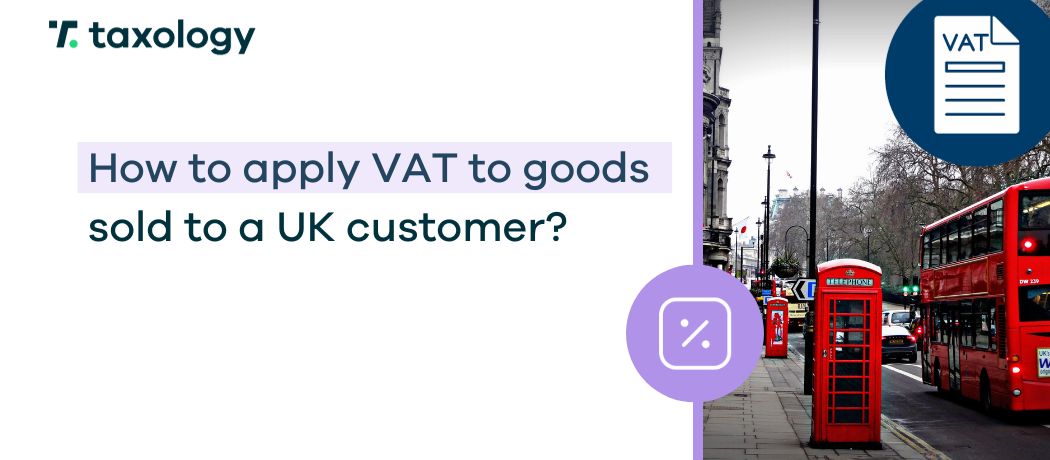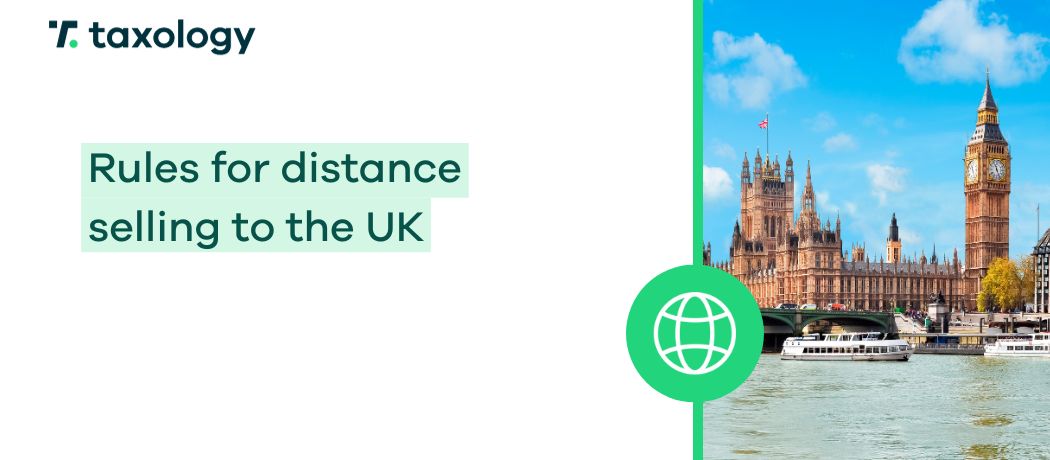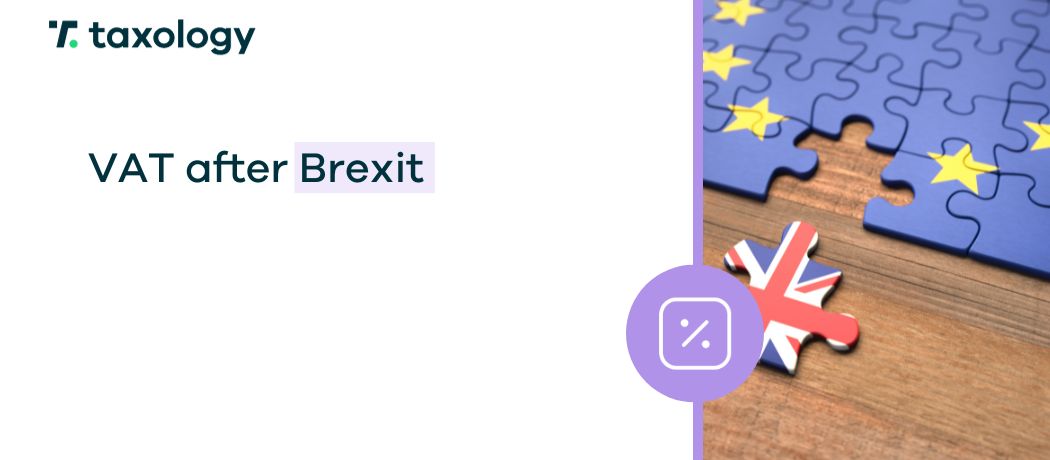Post Brexit, businesses appear less keen to undertake mail order sales from Poland to UK customers. This is due to the uncertainty related to the new legal formalities.
Read in: 4 minHow to apply VAT to goods sold to a UK customer?
- Last update: 23.02.2024
- Published: 29.06.2021
- Read in: 6 min
BREXIT has raised many doubts about the settlement of VAT for sales to UK counterparts. Depending on the value of the transaction, the channel of sale, and the status of the receiver, the manner of settling VAT may differ.
Sales to the UK via your own online shop
BREXIT has raised many doubts about the settlement of VAT for sales to UK counterparts.
Depending on the value of the transaction, the channel of sale and the status of the receiver, the manner of settling VAT may differ.
If you are selling through your own online shop, you may be required to register for VAT in the UK regardless of the turnover.
This is because from the 1st of January 2021, limits for so-called mail order sales have not applied.
Therefore, any sales that are subject to taxation in Poland result in the obligation to register for VAT and submit tax declarations in the UK.
When is the transaction subject to VAT in the UK?
First, the status of the buyer should be determined.
If the customer is a UK VAT taxable person, there is no need to register for VAT in the UK.
If the customer is a consumer (a private person), you should determine the value of the transaction.
You are required to settle transactions with a value equal to or less than 135.00 GBP in a VAT declaration.
Transactions in excess of 135.00 GBP constitute exports of goods – VAT is settled by the purchaser (importer) – so in principle you are not required to register for VAT in the UK.
What about sales to customers in the UK through sales platforms?
From the 1st of January 2021, the UK government has imposed additional obligations on companies operating sales platforms (such as Amazon, eBay).
The aim of these changes was to improve the collection of VAT from foreign sellers.
If you are selling in the UK via online sales platforms (so-called OMP – Online Market Places), in most cases VAT will be collected and paid to the tax office by the OMP.
In particular, the OMP is required to settle VAT for shipments from outside the UK with a value not exceeding 135.00 GBP.
In some cases, however, you may be required to report certain events, for example:
- It is mandatory to register for VAT if the goods are in a warehouse located in the UK – the value of the sales made via the OMP (for goods stored in the UK) should also be reported in the UK VAT declarations.
- If you move the goods to your own warehouse (or Amazon warehouse) located in the UK, you will need to clear the imported goods.
- OMP will not charge VAT for transactions for which the buyer is another VAT taxable person registered in the UK; in such a case VAT should be settled independently in a VAT declaration.
135.00 GBP limit for shipments to customers from the UK.
References on VAT for sales to the UK often mention the limit of 135.00 GBP.
Generally, however, it is not possible to find information as to how such a limit should be calculated.
At the beginning of the year, I spent a lot of time trying to determine whether the amount of 135.00 GBP is a net or gross amount and whether the value of transport and packaging should be taken into account.
According to the explanations published on the website of the UK’s HM Treasury, the 135.00 GBP limit should be calculated according to the following rules:
- The value of the transaction should be interpreted as the price payable by the customer (market value).
- If the customer purchases several products, the value of the transaction must be specified for the entire order.
- The transaction value does not include transport costs and other additional charges (including customs duties).
The 135.00 GBP limit applies when shipping goods to the UK from the territory of Poland or from another EU country.
In particular, VAT on consignments of a value equal to or less than 135.00 GBP is in principle (for B2C transactions) settled in the UK VAT declaration by:
- the sales platform (OMP) or
- the seller – if the sale is made through your own online shop.
Consignments within the above limit are also exempt from customs duties in the UK.
Transactions in excess of 135.00 GBP are exports of goods in the country of origin and imports of goods in the country of destination.
This implies that the obligation to settle customs and VAT lies with the importer (generally the consumer in the UK).
What is the EORI number and when is it needed?
If you are sending goods to customers outside the EU (for example, the UK or the US), you may have encountered a situation where the transport company required you to provide the EORI number.
The EORI number is the number under which the company is identified in the customs declaration system.
The EORI number is based on the VAT number and it is necessary to file an appropriate application in the relevant customs authority for the number to be active.
The EORI number is necessary to export goods from the EU or to import goods from the territory of third countries (e.g. China).
Within the EU, it is sufficient to have one EORI number.
For example, the EORI number assigned in Poland may be used for customs clearance in Germany.
However, since the 1st of January 2021 it has been necessary to have a separate EORI number in the UK.
Therefore, if you are sending goods from Poland to an Amazon warehouse in the UK, you need to obtain an EORI number in both Poland and the UK.




